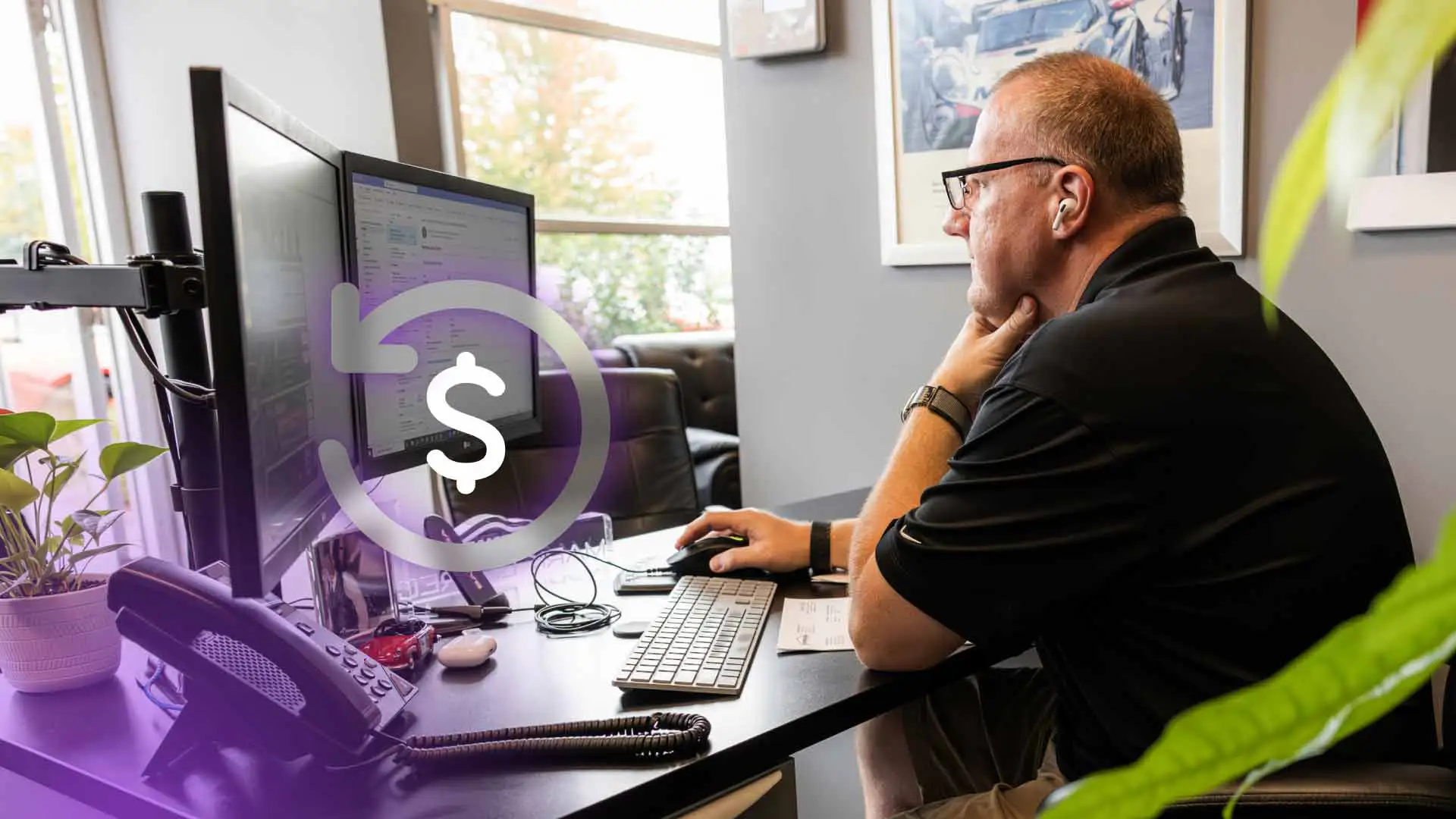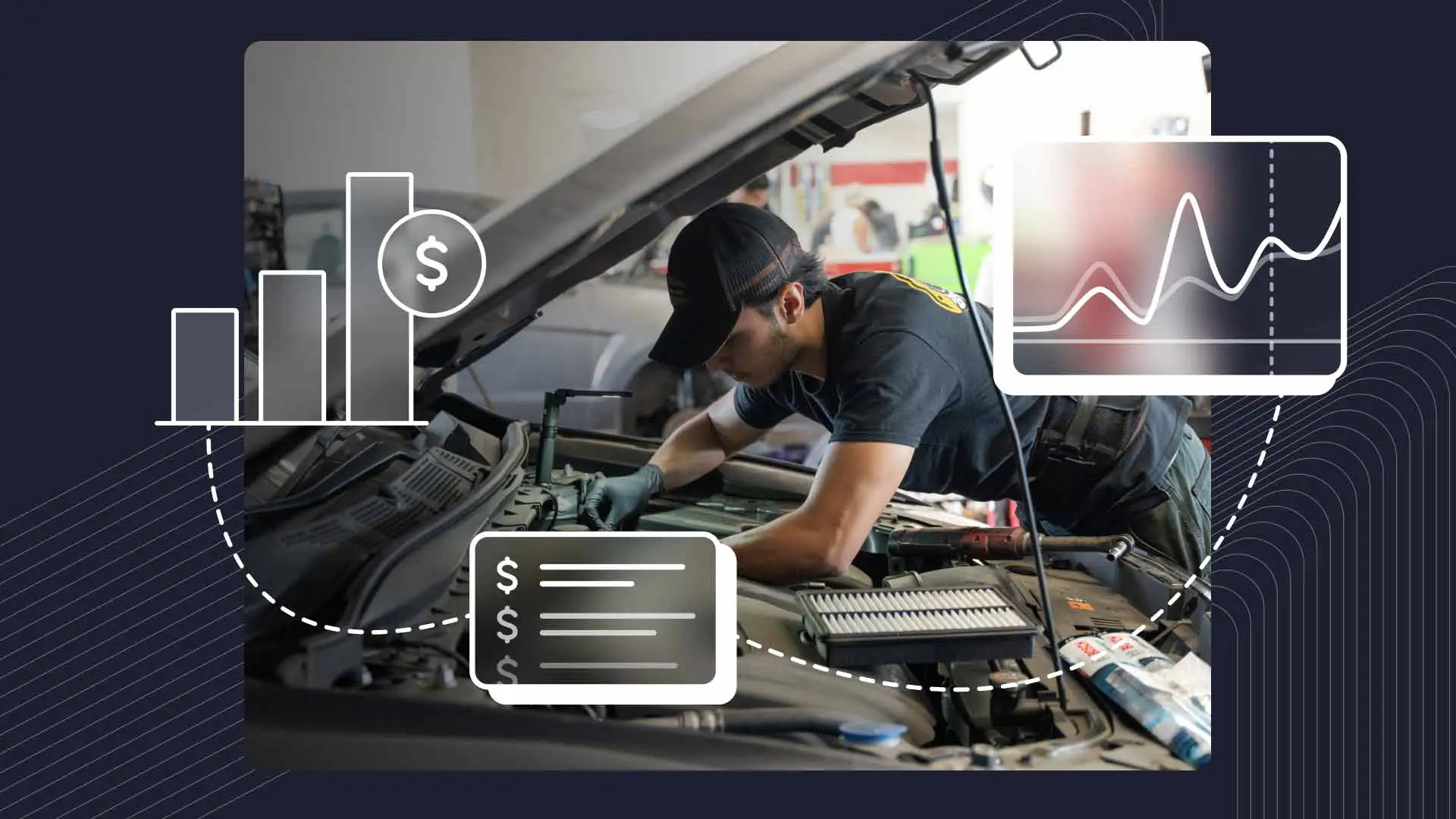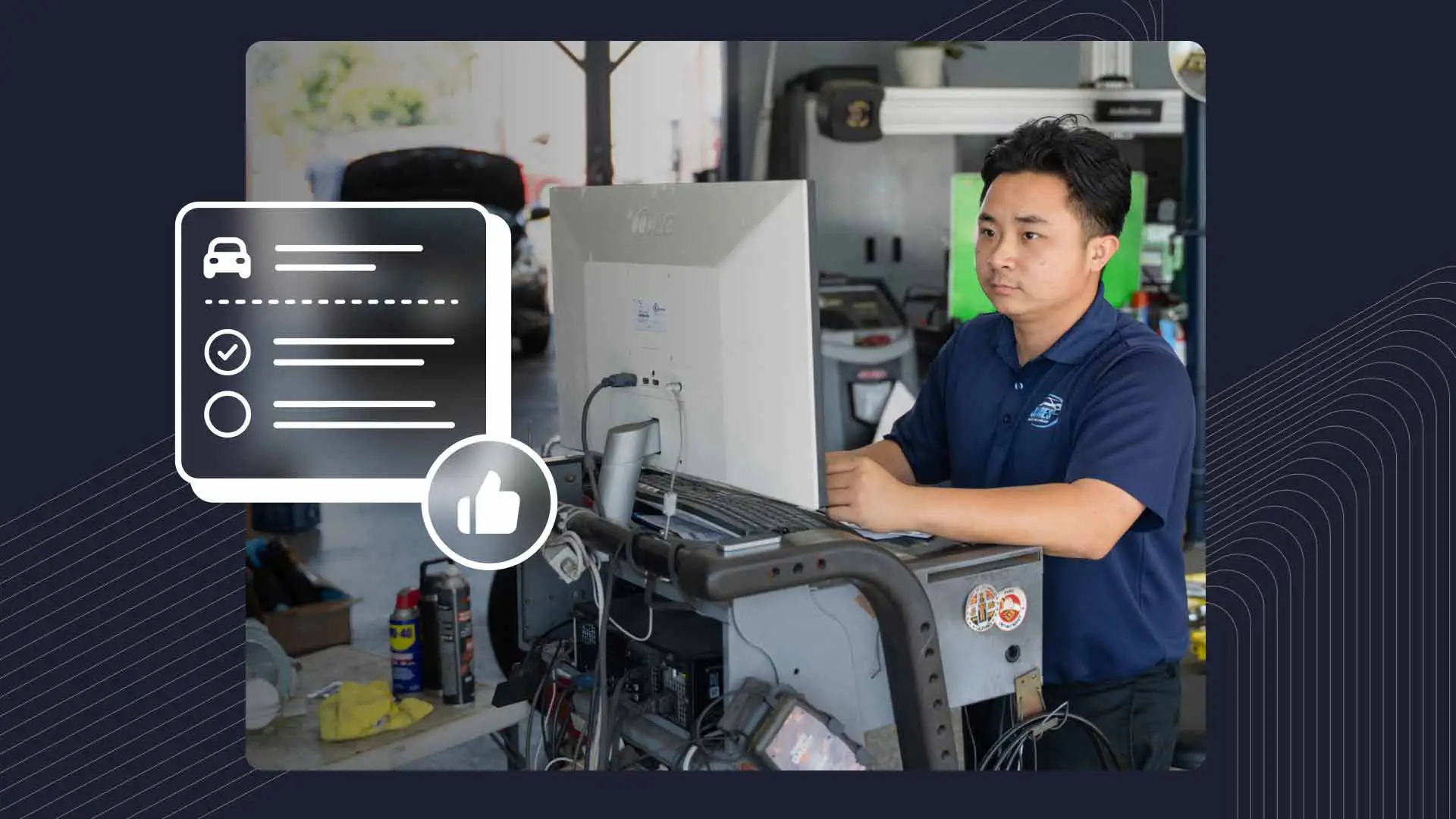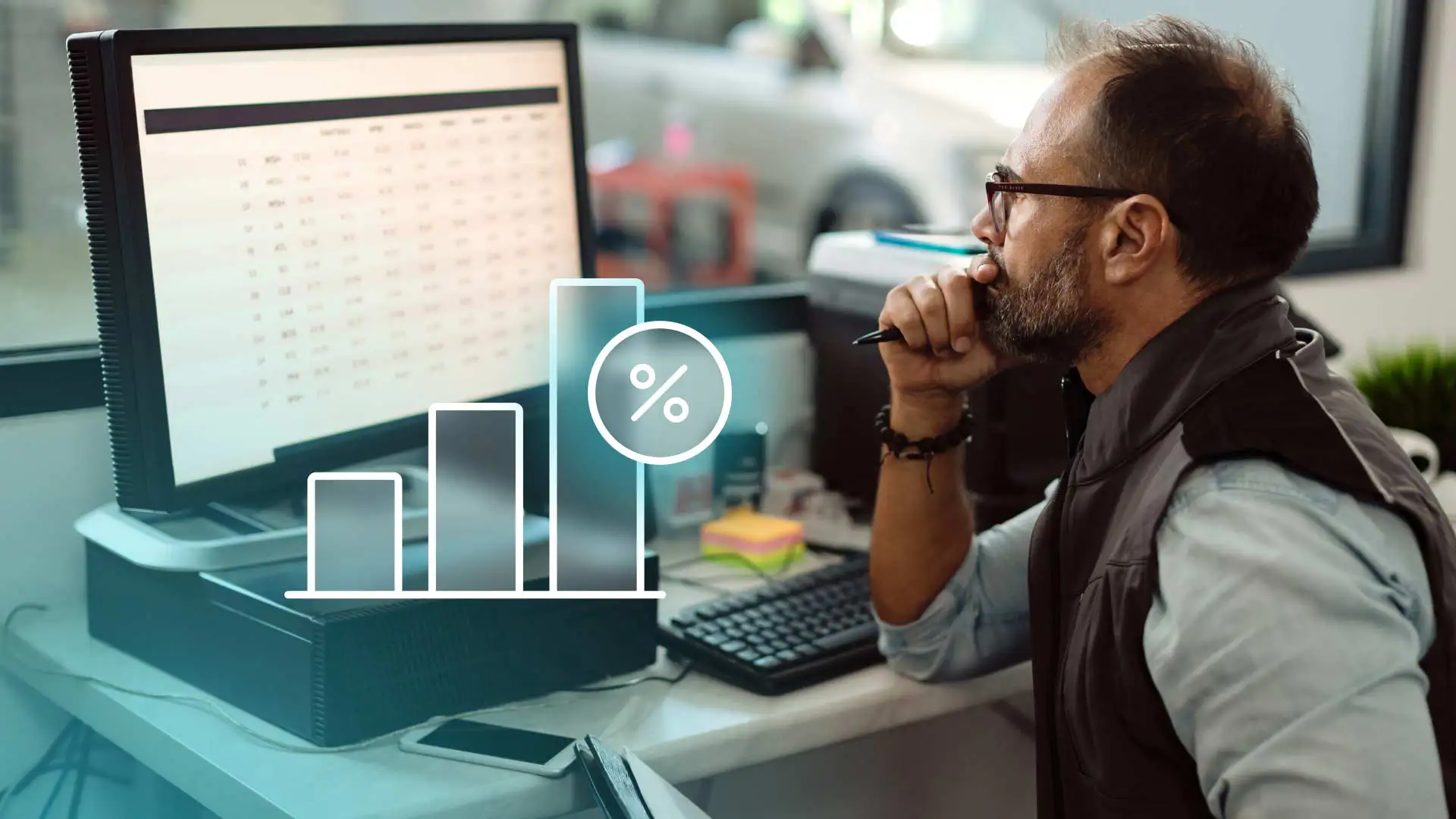Running an auto repair shop is never boring. Between managing technicians, keeping inventory in check, and taking care of customers, there’s always something that needs your attention. But one thing shop owners don’t always see coming is chargebacks.
What’s a chargeback? Basically, it’s when a customer disputes a credit card charge and the bank refunds their payment. They aren’t an everyday issue, but they can definitely take a toll on both your shop’s reputation and bottom line.
The best way to handle chargebacks is by preventing them from happening in the first place. Clear policies, open communication with customers, reliable payment processing, and quick, professional dispute resolution can all go a long way in keeping chargebacks at bay. Here’s how to make that happen.
Understanding the Chargeback Process
Before we get into the best ways to fight chargebacks, let’s cover how the process typically goes down. It all starts when a customer disputes a charge with their bank or credit card provider. This can happen for any number of reasons–maybe they weren’t happy with the service, felt they were overcharged, or there was a processing mistake on your end. There’s also something called friendly fraud, which is when a customer purposely identifies a charge as fraudulent, even though it was legitimate.
Once the dispute is filed, the bank steps in and notifies the repair shop. At this point, you have a chance to provide evidence showing the charge is legit. The bank or credit card company then reviews the case and decides whether to uphold the charge or reverse it. If they side with the customer, the money is refunded, leaving your shop on the hook for the lost revenue, plus parts, labor, and additional fees. Too many credit card chargebacks can also tarnish your shop’s reputation.
Preventing Chargebacks at the Point of Service
Detailed Service Agreements
Your first line of defense against chargebacks is a clear, comprehensive service agreement. Customers should be given a detailed estimate that explains the work being done to their car, the cost of parts and labor, and the total price of the job. Make sure the customer acknowledges and signs off on the estimate before you start working. And if anything changes, be sure to let the customer know and get their approval before moving forward. In addition to keeping everyone informed, this helps establish a paper trail in case of any disputes down the road.
Transparent Communication
Chargebacks are often the result of simple miscommunication–customers who feel like they weren’t kept in the loop may be more likely to dispute a charge. Shops can avoid this by providing regular updates while the vehicle is being repaired, especially if there are any changes to the original estimate. Even if it seems like over communicating, that’s OK; you want customers to fully understand why the repairs are necessary. When you break it down, be sure to use basic, non-technical language. Visual aids, like before-and-after photos, can also help customers feel better about the service.
Payment Processing Best Practices
Mistakes that occur while processing payments are another common cause of chargebacks. Shops should always use secure payment terminals and try to avoid manual imprinting whenever possible. Double-check that all credit card information has been entered correctly, and give customers clear, itemized receipts–either physical, digital, or both. Be extra diligent when it comes to online payments and phone orders, too. Make sure you’re using secure platforms, and confirm the cardholder’s identity through an address verification service (AVS), one-time password (OTP), or other methods.
Customer Service Excellence
Great customer service goes a long way in preventing chargebacks. When staff is friendly, helpful, and accommodating, that can be the difference between resolving an issue peacefully and having it escalate into a dispute. So, make sure your team is trained to handle customer concerns quickly and professionally. Another good way to be proactive: Invite customers to share feedback by taking brief surveys or filling out comment cards.
Handling Chargebacks Effectively
Even with safeguards in place, chargebacks can still happen. When they do, it pays to have a well-organized response ready to go. First, act fast. Waiting too long could cost you, so set up a system for monitoring chargeback notifications. Next, collect any relevant documentation like repair orders, invoices, photos of the car before and after service, and any communication with the customer. The more detailed, the better. Professionalism matters, too. Presenting your case clearly and concisely, with complete and factual evidence, can absolutely help.
If a chargeback isn’t reversed right away, you might be able to resolve it by working with the card issuer directly or going through mediation or arbitration with the customer. This could mean providing more evidence or negotiating to reach a fair resolution. Most importantly, use the experience to get better. Look for patterns—like lots of disputes over a particular service—and take steps to prevent future issues.
Technology and Tools for Managing Chargebacks
Dealing with chargebacks manually can be time-consuming and draining. However, the right tools and solutions can handle much of the heavy lifting. Advanced auto shop software, for example, simplifies payment processing, keeps track of customer interactions, and even automates chargeback responses. Shops that use these tools have an edge when it comes to producing clear transaction records to fight disputes. They also make running the business smoother by freeing up owners from the headaches of dealing with chargebacks.
Stop Chargebacks in Their Tracks
Chargebacks may come with the territory of running an auto repair shop, but knowing why they happen, how to prevent them, and how to handle them effectively can make all the difference. The key is to take proactive steps to reduce the risk and respond quickly and professionally when they do occur–using the right tools to protect your shop’s bottom line.
And, for top-tier auto shop software that makes it simple to build estimates, get digital service authorizations, and send invoices that can be paid easily in-person or online, check out Shopmonkey’s all-in-one solution. Request a demo today!




